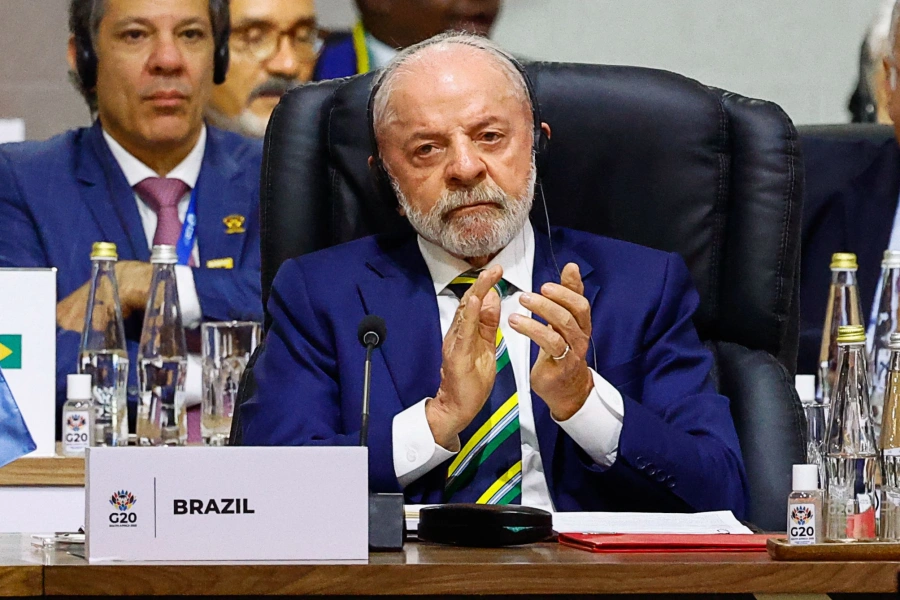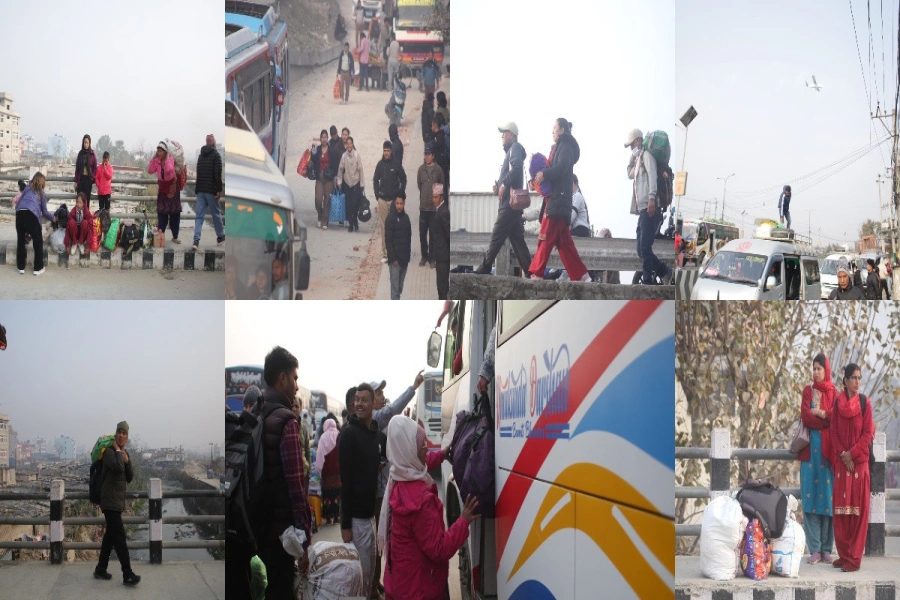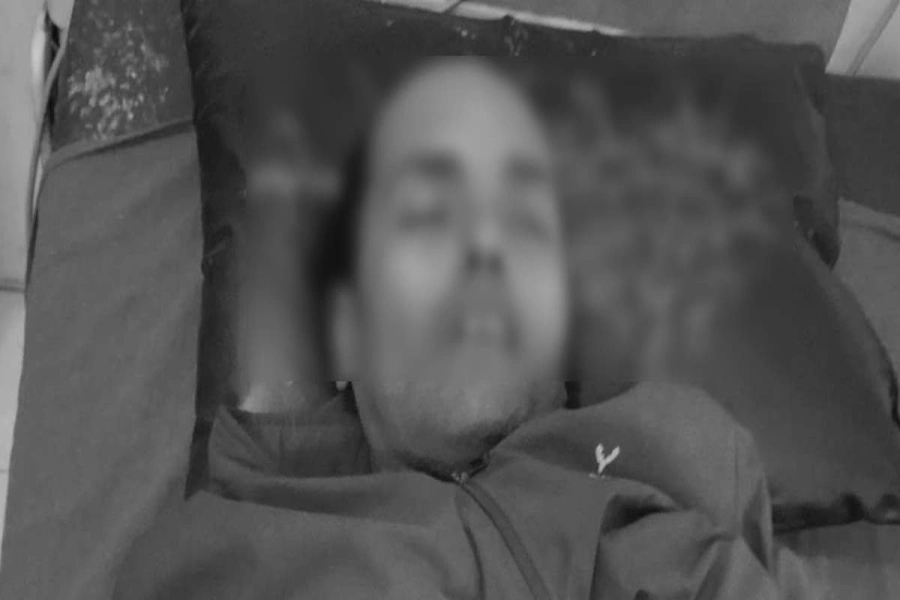KATHMANDU, Mar 1: Chief of the Office of the United Nations High Commissioner for Human Rights (OHCHR), Michelle Bachelet has expressed concern over Nepal’s long-delayed transitional justice (TJ) process.
The concern from UN’s human rights body chief came after ‘a wide range of stakeholders, including victim groups and the larger civil society were excluded’ in the TJ process.
In her address to the 43rd session of Human Rights Council in Geneva, Switzerland, Bachelet said Nepal is ‘at another critical juncture in its TJ process and underscored the need for bringing key stakeholders on board for a meaningful justice process.
“I urge the authorities to build trust in these processes by genuinely consulting a wide range of stakeholders, including victim groups and the larger civil society,” she told the world leaders gathered in Geneva to attend the meeting of the Human Rights Council in course of briefing the overall human rights situation across the world.
Beauties, build the thick skin

While signing the Comprehensive Peace Agreement in 2006, both the then Seven Party Alliance and the Maoist rebels had agreed to make public the details of the disappeared or killed people during the conflict and inform the family members about it. Further, both the parties had agreed to resolve the TJ process within six months of signing the agreement.
But conflict victims had to wait till 2015 to get the TJ bodies for resolving the war-era cases of human rights violations. Over 65,000 complaints related to war-era human rights violations have been registered with the TJ bodies — the Truth and Reconciliation Commission and the Commission of Investigation on Enforced Disappeared Persons.
Both the commissions remained without commissioners for a year after the government wanted to bring a new set of commissioners in mid-April last year.
Recently, the government appointed new commissioners for both the commissions despite strong objection from the conflict victims and human rights defenders.
They have been warning of not participating in the TJ process saying that the commissioner appointment process was not consultative and transparent. The newly-appointed commissioners are in a fix to resume investigation into the complaints filed at the commissions due to the lack of a law to deal with the TJ process.
Justice has been a far cry for the families of the victims or any sort of action against the perpetrators has not been taken until now. Yet, since most commissioners were appointed based on political power sharing among major political parties representing parliament, conflict victims are concerned whether the government is working out to give immunity to politicians accused in serious human rights violation.
At the Geneva session, Foreign Minister Pradeep Gyawali, however, tried to assure the international community to ensure justice for conflict victims saying that Nepal is adopting a nationally-led and own peace process.
“The term of the commissions has been extended to ensure the completion of their work. The newly-appointed commissioners have started functioning in full swing, Gyawali had stated reiterating the government’s commitment, “We stand firmly to our commitment to addressing the remaining issues of transitional justice in accordance with the CPA, directive of the Supreme Court, relevant international commitments, concerns of the victims, and the ground realities.”





-1200x560-1772467693.webp)






























